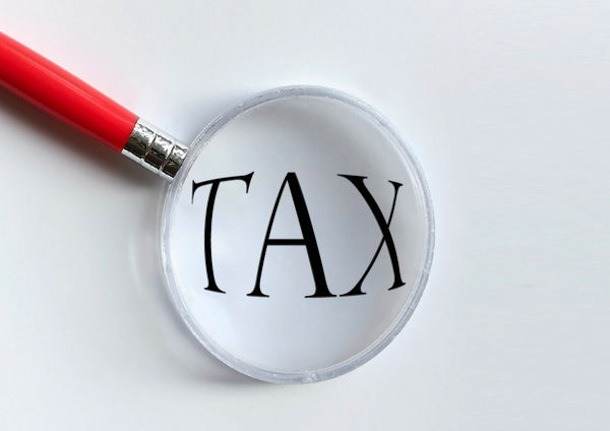By Tim Lyons
16 July 2015
eing the sort of sad type that finds tax tremendously interesting, I was excited for Joe Hockey’s big speech on Wednesday, in which he was expected to set out principles and direction for that hardy perennial of federal politics, tax reform.
Instead what we got was equal parts underwhelming and infuriating, a cocktail of shallow politics, bad policy and return to the class warrior Hockey of the 2014 budget.
The shallow politics was leaking and then floating the idea of a bigger and wider GST, with one caveat: “no change will be considered without the unanimous agreement of state and territory governments and bipartisan support in the Federal Parliament.”
Rightly, and as anyone could have predicted, Victorian Labor premier Daniel Andrews killed that dead within the hour. Hockey knew full well he would. It didn’t even have to be Andrews; presumably he just beat Annastacia Palaszczuk and Jay Weatherill to a microphone.
Then there were Hockey’s “six principles for tax reform” – a mixture of motherhood statements and partisan potshots, which give the appearance that Hockey sees the tax system as a sort of instrument for industry policy. It’s a pretty odd thing for a Liberal treasurer to be proposing, that we should shape the economy by favouring certain investments.
I doubt we will hear much about Joe’s principles again.
The purpose of the tax system is to raise the money the community needs to fund the services and infrastructure we demand – and to do some redistribution based on capacity to pay and needs.
Most people who have looked at the issue think the key principles are something like equity, efficiency, complicity and sustainability. The fight comes about how you give effect to this, and the tradeoffs that are involved.
To demonstrate this, while Hockey spruiked the GST as better than income tax, the government’s own tax discussion paper says that what economists call the “deadweight cost” to the economy of these taxes is about the same – until you make income tax progressive.
That is, A GST – an inherently regressive tax that falls most heavily on people with low incomes – is only more inherently more efficient if you think progressive income tax is a bad idea.
Much more revealing than Hockey’s principles was how he fleshed out his views about who should pay what tax, and how progressive the system should be. It showed that we’ve still got the treasurer who framed the widely-loathed 2014 budget, not the allegedly kinder and gentler Joe of 2015.
Hockey also bemoaned the top rate of personal income tax (despite the fact that only the top 5% of taxpayers actually pay it), taxes on capital gains and the company tax rate.
Then there was what he ruled out or wouldn’t go near at all. Like the absurdly generous and radially expanding concessions for high income earner on superannuation. Or negative gearing. Or company tax concessions. Or, of course, taxing windfall profits in mining. Or pricing carbon.
Unmentioned – and it should have been front and center in a speech to a mainly business crowd – was the need for companies to pay their fair share and be transparent about it. It’s part of their social licence to operate. Hockey’s plan to deal with multi-national tax avoidance is set to raise a truly pathetic $30m and modest efforts to improve disclosure of tax paid by the big end of town seem set to be wound back.
Asking the public to support a “business tax cut” when there is white hot anger in the community about big business not paying their way, and winding back tax – transparency at the same time is “courageous”. But it says something about priorities.
That’s before you add up his goals for tax reform: lower tax on business, lower tax on wealth from capital gains, lower tax on income for top earners. Higher tax on the poor, via the GST. And nothing about any of the rorts and loopholes, or about raising some more revenue to fund the things Australia needs.
A program where reform means it’s all upside for the wealthy and only the poor lose any skin. This isn’t reform, it’s more like class war. And it’s more like the 2014 budget.
Unspoken was the fact that Australia is actually a relatively low-taxing and low-spending country by OECD standards. We have a revenue problem at least as much as we have a spending problem. And it’s only going to get worse.
Recent data suggests that the growth prospects of the Australian economy have fundamentally shifted downwards, and the forward estimates of the federal budget predicated on a return to trend or above-trend growth look increasingly fanciful. Lower growth means even bigger revenue problems for federal, and state, budgets.
I don’t expect to agree with Hockey about lots of things when it comes to tax, but on Wednesday’s performance, you wouldn’t bet on Hockey doing anything substantive, sensible or fair about how our tax system copes with the future.

